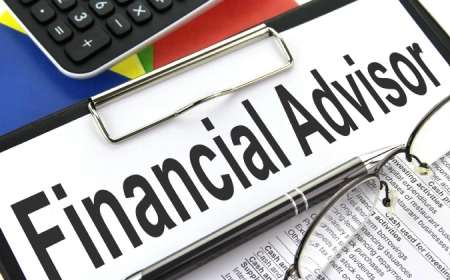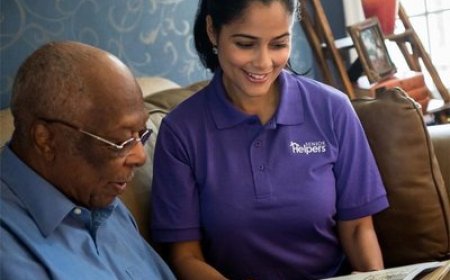The Role of Psychology in Sports Injury Rehabilitation and Return to Play
Athletes do not heal on physical therapy alone. To ensure a safe, efficient, and empowering comeback, we must integrate the psychology of sport injury into every phase of recovery.

Understanding the Psychology of Sport Injury
When athletes suffer physical injuries, the toll isn't limited to their bodies. The psychology of sport injury plays a pivotal role in how athletes cope, heal, and return to competition. Injury can disrupt not only athletic performance but also personal identity, mental stability, and emotional wellbeing. Athletes often experience emotional responses such as denial, anger, frustration, or depression, especially if the injury sidelines them for an extended period.
The mental response to injury can significantly influence rehabilitation outcomes. Cognitive appraisal, motivation, emotional control, and belief in recovery are powerful psychological variables that can either hinder or accelerate physical healing. Recognizing and addressing the psychological effects of injury is essential for complete recovery.
Psychological Effects of Injury on Athletes
Injuries can shake an athlete's confidence and spark anxiety about future performance or re-injury. These psychological effects of injury manifest in multiple ways:
-
Depression and mood swings due to isolation from teammates and training routines.
-
Anxiety and fear of re-injury which can affect performance post-recovery.
-
Loss of athletic identity, especially in professional athletes who define themselves by their sport.
-
Sleep disturbances and disrupted eating patterns due to stress or medications.
These reactions are not merely side effects, they are central factors in the rehabilitation process. If left unmanaged, they can delay recovery or even lead to premature retirement from sport.
Mental Strategies to Enhance Recovery Outcomes
Effective psychological interventions can help athletes maintain focus, stay motivated, and return stronger. Common mental strategies integrated into sports injury rehabilitation include:
-
Goal Setting: Establishing short-term and long-term recovery goals to keep motivation high.
-
Imagery and Visualization: Mentally rehearsing successful performance and healing processes.
-
Positive Self-Talk: Using affirmations to reinforce confidence and a recovery mindset.
-
Relaxation Techniques: Breathing exercises, meditation, and progressive muscle relaxation to reduce anxiety.
-
Cognitive Behavioral Therapy (CBT): Challenging and reframing negative thoughts to maintain emotional stability.
These strategies are often embedded into structured rehab plans with the help of sport psychologists, enhancing both mental resilience and physical recovery.
The Integrated Role of Sports Psychologists
Sports psychologists serve as essential team members during injury rehabilitation. Their role includes:
-
Conducting psychological assessments to evaluate emotional responses.
-
Designing tailored mental recovery plans.
-
Providing counseling support to manage stress, fear, or frustration.
-
Collaborating with physical therapists to align mental and physical goals.
Incorporating mental health into the athletes recovery process ensures a holistic approach, addressing not just the injury but the individual as a whole.
Return to Play: A Mental and Physical Milestone
Returning to competition isnt just about regaining physical form. Athletes must also rebuild their mental readiness. The transition from rehab to return is often the most psychologically demanding stage.
Psychological readiness indicators include:
-
Confidence in physical capabilities.
-
Absence of irrational fear of re-injury.
-
Re-established athletic identity and motivation.
-
Emotional control under competitive stress.
Ignoring these elements increases the risk of performance anxiety, hesitancy, and even reinjury. Structured psychological support ensures that athletes not only return but return ready.
Long-Term Psychological Monitoring After Injury
Even after physical recovery, the mental aftermath of injury can linger. Long-term psychological monitoring ensures sustained performance and well-being.
Recommended practices:
-
Periodic mental check-ins with a sport psychologist.
-
Ongoing use of visualization and self-talk.
-
Integrating mindfulness into training routines.
-
Peer support groups for injured or recovering athletes.
Maintaining psychological health post-injury is as crucial as training strength, speed, and skill.
Conclusion: Winning the Mental Battle
Athletes do not heal on physical therapy alone. To ensure a safe, efficient, and empowering comeback, we must integrate the psychology of sport injury into every phase of recovery. By recognizing the psychological effects of injury, employing evidence-based mental strategies, and maintaining long-term psychological care, we lay the foundation for resilient performance and peak return-to-play success.









































